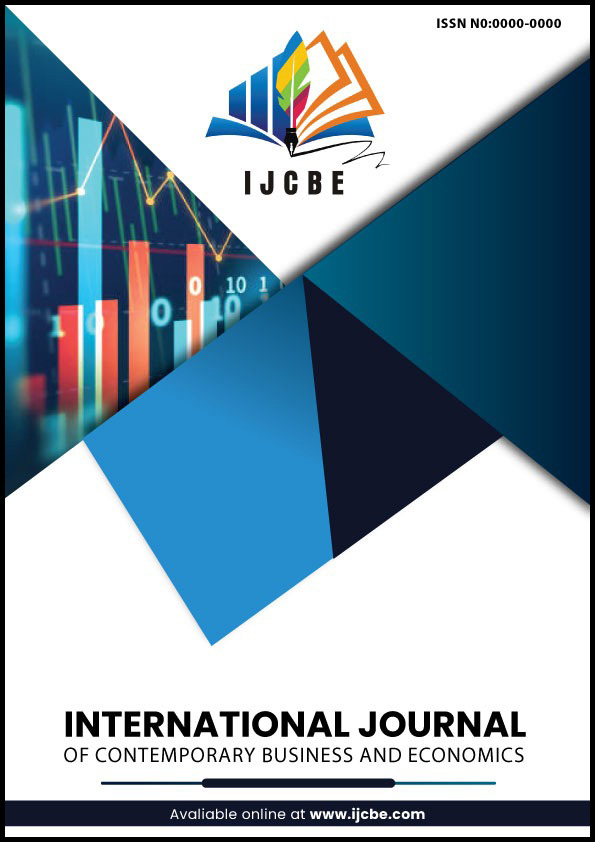Curricula Assessment and Sustainability Key Competencies: A Case of MUET, Jamshoro, Pakistan
DOI:
https://doi.org/10.61338/ijcbe.v3i1.58Keywords:
Curricula Assessment, Sustainability Key Competencies, Industries, Higher Education Institutes (HEIs)Abstract
Education stands the pivotal process safeguarding the continuity of the human race. It serves as the propelling force for advancing both human society and technology. The persistence of human society, the well-being of its environment, and the evolution of its technology axis upon the education process. Engineering educators are urged to adopt a strategic mindset that aligns curricula with long-term sustainability objectives in their respective fields. The Chemical, Civil, Petroleum, and Textile disciplines of engineering universities play pivotal roles in shaping industries and addressing sustainability challenges. The assessment focused on five fundamental sustainability competencies. A score of 1 was assigned for each SKC identified, with a maximum potential score of five (5) per course, representing one for each SKC. In total, 170 courses were analyzed, and 316 signs of SKCs were found in the course content of 2015–2016 curricula of MUET, this accounts for an average of 1.85 signs each university course. The key competences (SKC) of four disciplines in Mehran University of Engineering and Technology (MUET) revealed that signs of SKC-1, Systems-thinking Competence was found in the highest in number of (102 signs), SKC-5, Interpersonal Competence (69 signs), SKC 4, Strategic Competence (64 signs), and SKC-2, Normative Competence (62 signs). Overall, the findings underscore the multifaceted nature of competency integration within MUET's departments, highlighting both strengths and opportunities for enhancement across the institution. Moving forward, targeted interventions and collaborative efforts among departments can further optimize curricular alignment with industry demands and societal needs, ultimately fostering the development of well-rounded graduates equipped to address the complexities of their respective fields.
Downloads
Published
Issue
Section
License
Copyright (c) 2025 Sadia Akhund , Wahid Bux Mangrio, Iffat Batol Naqvi, Abdul Sami Qureshi

This work is licensed under a Creative Commons Attribution 4.0 International License.









